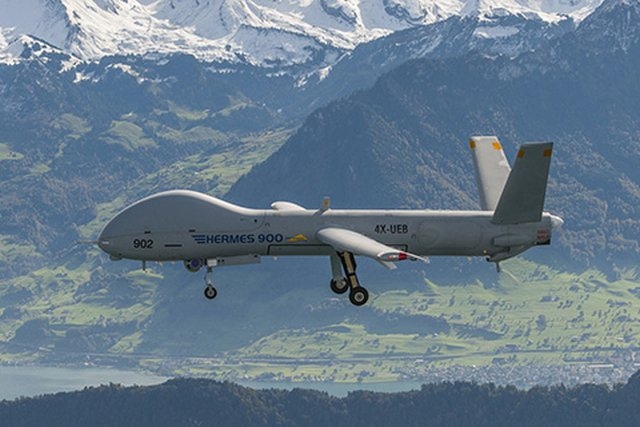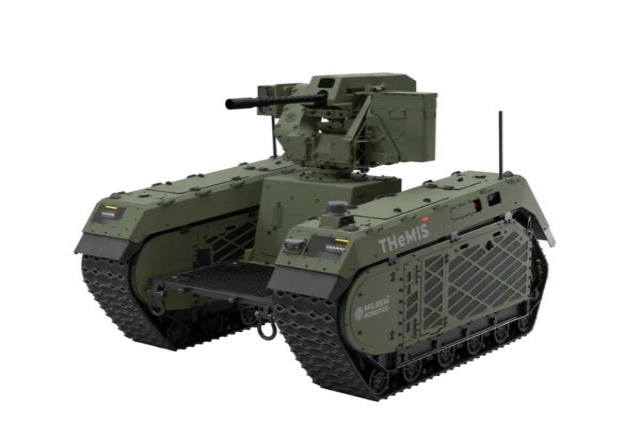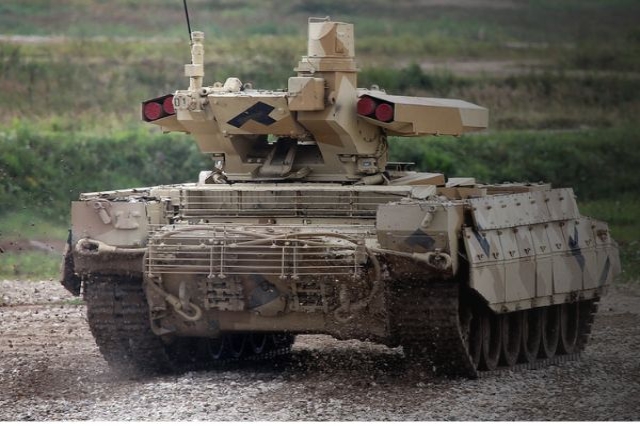Israel tops US Foreign Military Sales customer list
US military sales overseen by the Defense Security Cooperation Agency (DSCA) topped $30 billion for the third consecutive year. Total sales for fiscal year 2010 were $31.6 billion. The Government of Israel at $4.0 billion led the FMS customer list with the highest value in sales, followed by the Government of Egypt at $2.6 billion. Israel and Egypt are also the largest recipients of Foreign Military Financing (FMF) funds appropriated by Congress through the State Department to be used to pay for purchases of U.S. defense articles and services. Sales under the government-to-government sales program called Foreign Military Sales (FMS) were $25.2 billion. Non-FMS security cooperation cases managed by DSCA under various security cooperation authorities were $6.4 billion. The DoD program for support of Afghanistan's security forces using the Afghanistan Security Forces Fund (ASFF) made up the majority of non-FMS security cooperation cases in fiscal year 2010 and totaled some $4.7 billion. This reflected continued support to the Government of Afghanistan in its fight against the Taliban and other insurgent forces. This ASFF-funded support was for training and equipping of the Afghanistan National Security Forces. Non-FMS security cooperation cases also provided support to other foreign governments, including Iraq and Pakistan. The Kingdom of Saudi Arabia at $2.5 billion and the Government of the United Kingdom at $1.8 billion rounded out the top four FMS customers in terms of the value of sales. DSCA includes in its sales totals FMS cases that have been accepted through September 30th each year, meaning that the cases have been signed by both the United States and the foreign customer. Non-FMS security cooperation cases are counted when the case is signed by the DoD representative. FMS and other security cooperation programs support US national defense and foreign policy by helping our partners to acquire the defense articles, services and training they need to provide for their own defense and to be interoperable with US and partner nations during coalition operations.









